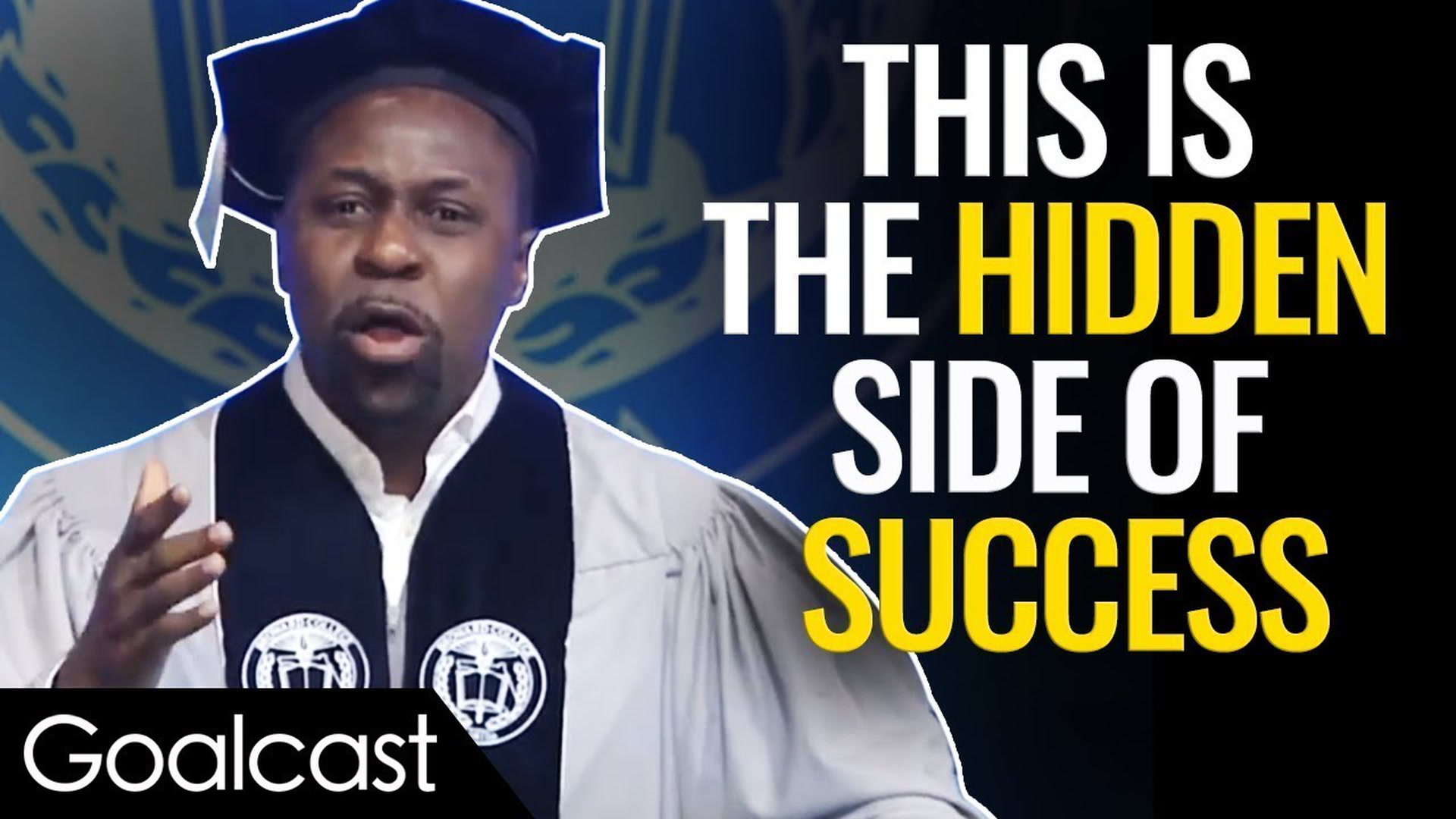Photo by Hannah Busing on Unsplash
A community is so much more than people sharing a space. It's a living, breathing network of connections and shared experiences. While it's usually defined as “a group of people living in the same place or having a particular characteristic in common,” true community runs much deeper than that.
Diversity
Keep ReadingShow less



















 UPS Seattle Space Needle
UPS Seattle Space Needle

 UPS Great Depression
UPS Great Depression UPS Hands
UPS Hands













